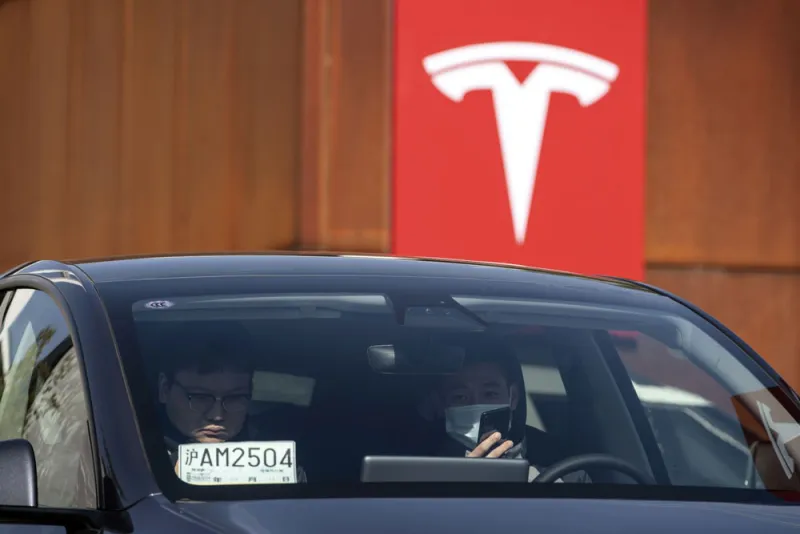David Einhorn’s Greenlight Capital has given up on its technology shorts, covering its infamous bubble basket “at a moderate loss,” according to its fourth-quarter letter.
In its third quarter letter, the value-driven long-short hedge fund warned investors the equity markets were in the middle of “an enormous tech bubble.”
But in the new letter, sent to clients on Thursday and obtained by Institutional Investor, the firm seemed to walk back some of its previous assertions that the technology bubble had popped and that September 2 may have marked the top of the cycle.
“Our language was imprecise,” Greenlight explained. “We don’t believe that all technology stocks are in a bubble.” The firm clarified that the portfolio management team actually thinks that “a growing number of ‘story stocks’ that have become disconnected from valuation are in a bubble.”
Either way, “the theory that it has popped has proven to be incorrect,” Greenlight conceded.
[II Deep Dive: David Einhorn’s Greenlight Warns That Tech Stocks Are in a Bubble. Will Anyone Listen?]
In the latest letter Greenlight stressed that its short portfolio had a rough time in the fourth quarter amid the rising stock market, even as the fund generated a quarterly gain of 25 percent — a record for the firm — and finished the year up 5.2 percent.
As a result, the firm cut its short exposure from 80 percent at the end of the third quarter to 70 percent at year-end, while it raised its net long exposure slightly, from 58 percent to 64 percent, according to its recent client letters.
Einhorn also seemed to concede that he was partially wrong about his now infamous negative bet on electric car pioneer Tesla.
Over the past few years he has sometimes devoted sizable portions of his quarterly letters to why the surging stock would collapse, one time even drawing parallels between the electric car maker’s financial challenges to Lehman Brothers Holdings’ credit crunch before it filed for bankruptcy in 2008 — which Einhorn had predicted years earlier.
In the fourth-quarter letter, however, Greenlight offered its first acknowledgement that it may have been at least partially wrong.
The firm stressed that it does not think Tesla cars are a fad, just that owning the stock is. Noting in the past that he said Tesla had a “silly stock price,” Greenlight allowed, “There is the possibility that we are just wrong and bad at measuring silliness. But setting that aside, we think the answer is that certain stocks are held exclusively by valuation-indifferent investors.”
He defined them as investors who “either will not, cannot or choose not to consider valuation as a factor.”
Greenlight noted that although it “managed to sidestep most of the significant second-half rally” in Tesla’s shares, the short position was still the portfolio’s biggest loser in 2020, with most of the losses coming in the first half.
Elsewhere in the letter, Greenlight told clients it has been investing in private companies all along. For the first time in recent memory it discussed the strategy, noting that these investments are small and infrequent.
In the fourth quarter, however, two of them went public and generated significant gains. One was FuboTV, a streaming service known for its sports, news, and entertainment channels. Greenlight is hoping sports betting will help to propel the company in the future. It said its effective purchase price was $5 per share, having owned shares and warrants. The stock went public at $10 and closed the year at $28.
The other private company Greenlight owned was Danimer Scientific, a maker of biodegradable plastic, which it had invested in a year ago. It merged with a SPAC at year-end, and the stock surged from $10 as a SPAC to $23.51.
“While we have a handful of other promising small private investments, having two successfully go public in a single quarter is a rare occurrence,” Greenlight said in the letter.







